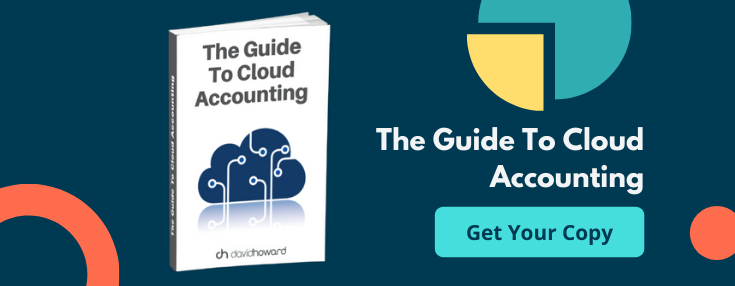Case Study: Electrical Services Business (Sole Trader)

One of the main areas of accountancy we are asked to help with at David Howard is setting up the legal framework for small businesses. Start-ups are created for various reasons, as can be seen in this case study, in which we helped a successful sole trader establish a limited company for his electrical services business.
The challenge
The client is an independent electrical services provider with an annual turnover from this line of work of approximately £30,000, of which £20,000 is profit. Alongside this, the client also provides other business services on a self-employed/sole trader basis, which has necessitated him to register for VAT, and places him in the higher tax-paying bracket.
As a result, he didn’t immediately need to draw down this extra £20,000 profit as income and was looking for a more tax-effective and straightforward way of managing his business.
Our solution
As the client didn’t immediately need the money from the electrical services income, we recommended constituting the business as a limited company which allowed him to keep the income inside the company and shelter from higher personal tax rates. This move has several other benefits for sole traders, contractors, and consultants. For example, trading as a limited company can portray a more professional image, increase credibility and open more investment opportunities to raise capital from investment and the distribution of shares.
Operating as a limited company also brings tax benefits for independent businesses. Although there are some more reporting obligations than being self-employed, operating a limited company allows you to pay yourself from the company profits as dividends on your shares, which can be subject to a lower rate of taxation than direct income.
How we helped
We undertook the following process to help the client consolidate his business and establish himself as a limited company.
We started by deregistered for VAT and helped the client complete his final sole trader tax return.
We then incorporated his business as a limited company and re-registered for VAT (this was important because a lot of his work comes from trade clients).
Next, we helped the client set up Xero to manage his bookkeeping. As a sole trader, the client had managed his accounts and VAT through an Excel spreadsheet system, which didn’t give him real-time visibility over his profits. With Xero, he can now see what is going on in the business day to day and has access to a more straightforward and transparent invoicing process.
The limited company structure allows the client to involve his spouse, who is also helping with running the business.
Some of the money from the business will be paid to his spouse as an employee of the company, utilising her basic rate tax band and making it a more efficient way of managing their household income. Instead of him paying tax on all the income at his higher rate, she will also have some income from the company at her basic band rate.
Finally, any profits that were not needed were left in the company for future tax planning – e.g. taking dividends out later, paying into a pension, or building up cash for future projects. These unused profits are subject to corporation tax but not income tax.
Outcomes
Our work with this client was a fairly straightforward case, in which our client had thought that being a sole trader was the best and most straightforward way of running his business. As he discovered, however, a limited company structure works better for him and his spouse in terms of tax planning. He was very happy with the advice taken.
Find out more
In our experience, many successful sole traders are in the same position. They may have been operating for years as a sole trader before speaking to an accountant, assuming it is easier and cheaper. In reality, they could be paying more taxes than they need to, and there may be better ways to manage their money. Using a cloud accounting platform such as Xero, administering a self-employed business as a small 1 to 2-person limited company is as straightforward as operating as a sole trader, and allows sharing the data easily with your accountant, to be able to discuss options and minimise tax liabilities in a cost-effective way.
If you’d like to find out more about our services for sole traders and independent limited companies, please get in touch with David Howard today by clicking here.
Image Source: Canva
Posts by Topic
- Accounting Services (58)
- Tax Services (57)
- Tax (50)
- Smart Accounting Services (34)
- Tax Return (29)
- Corporation Tax (26)
- COVID-19 (24)
- sme accounting (24)
- Clients (19)
- Switching Accountants (16)
- VAT (15)
- Making Tax Digital (13)
- News (13)
- Xero (13)
- Dividend Tax (12)
- bookkeeping (12)
- Payroll (10)
- Cloud Software (9)
- Capital Gains Tax (6)
- Inheritance Tax (3)
- Savings (3)
- Benefits In Kind (Employee Benefits) (2)
- Case Studies (2)
- Stamp Duty (2)
- Trust (2)
- Trust Account (2)
- GDPR (1)
- Insider (1)
- Lifetime ISA (1)
- Retirement Savings (1)
- Wear & Tear Allowance (1)

